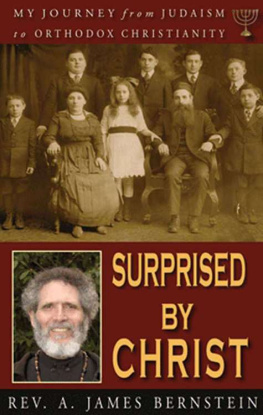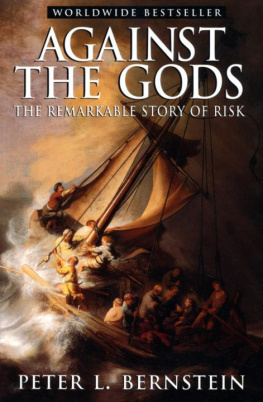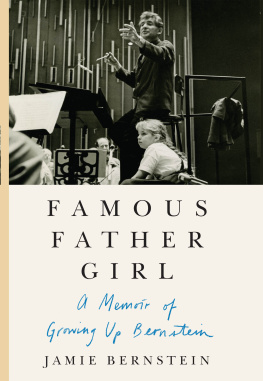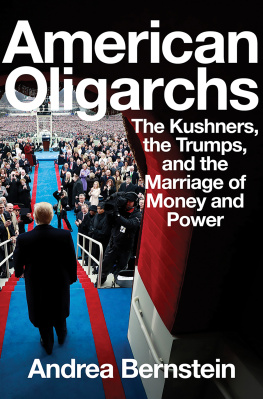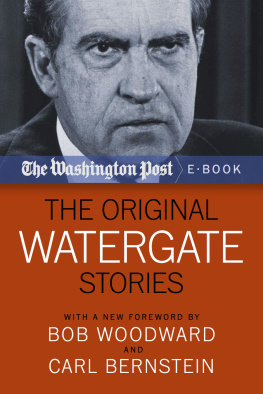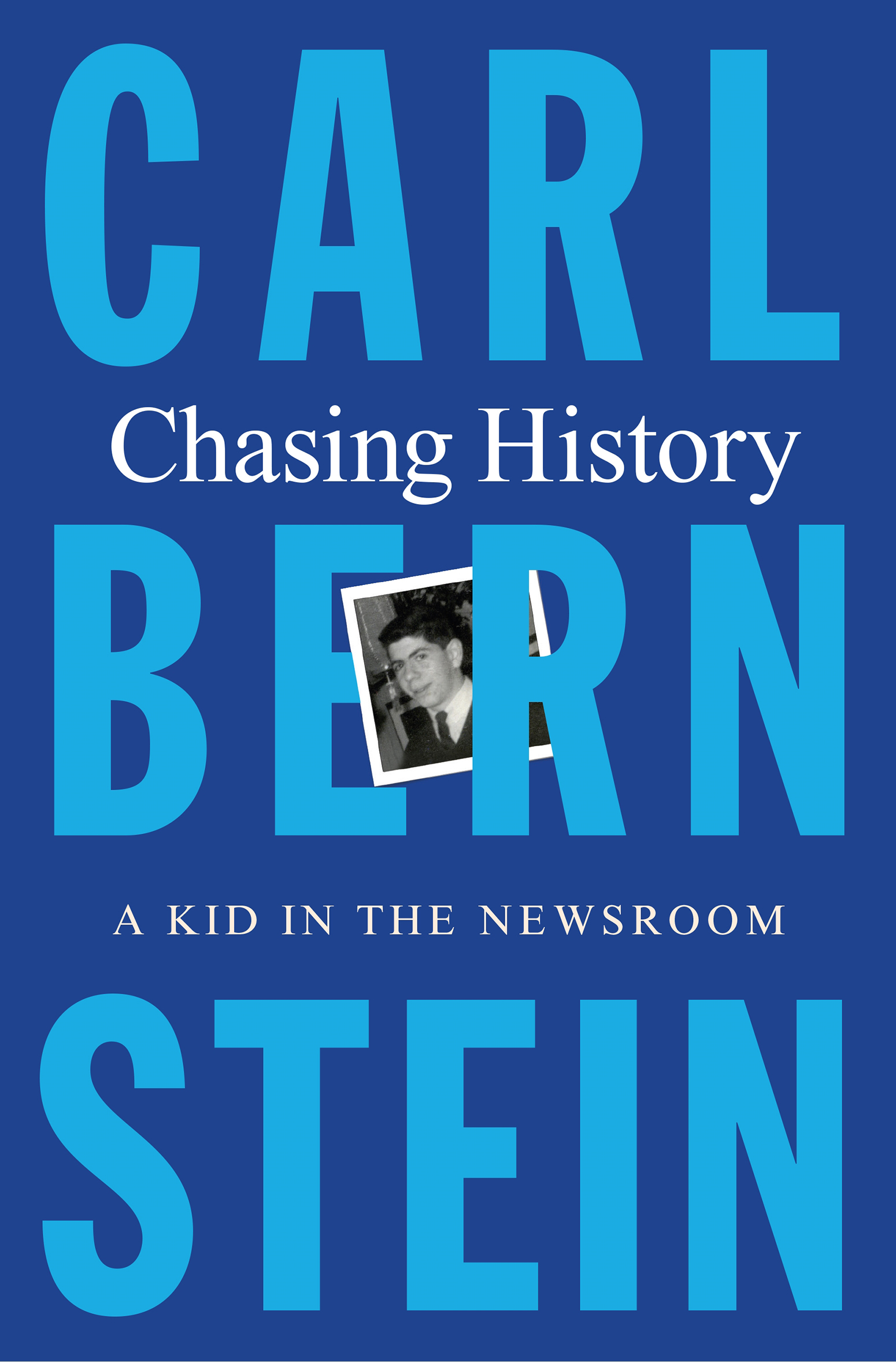Contents
Guide
Pagebreaks of the print version
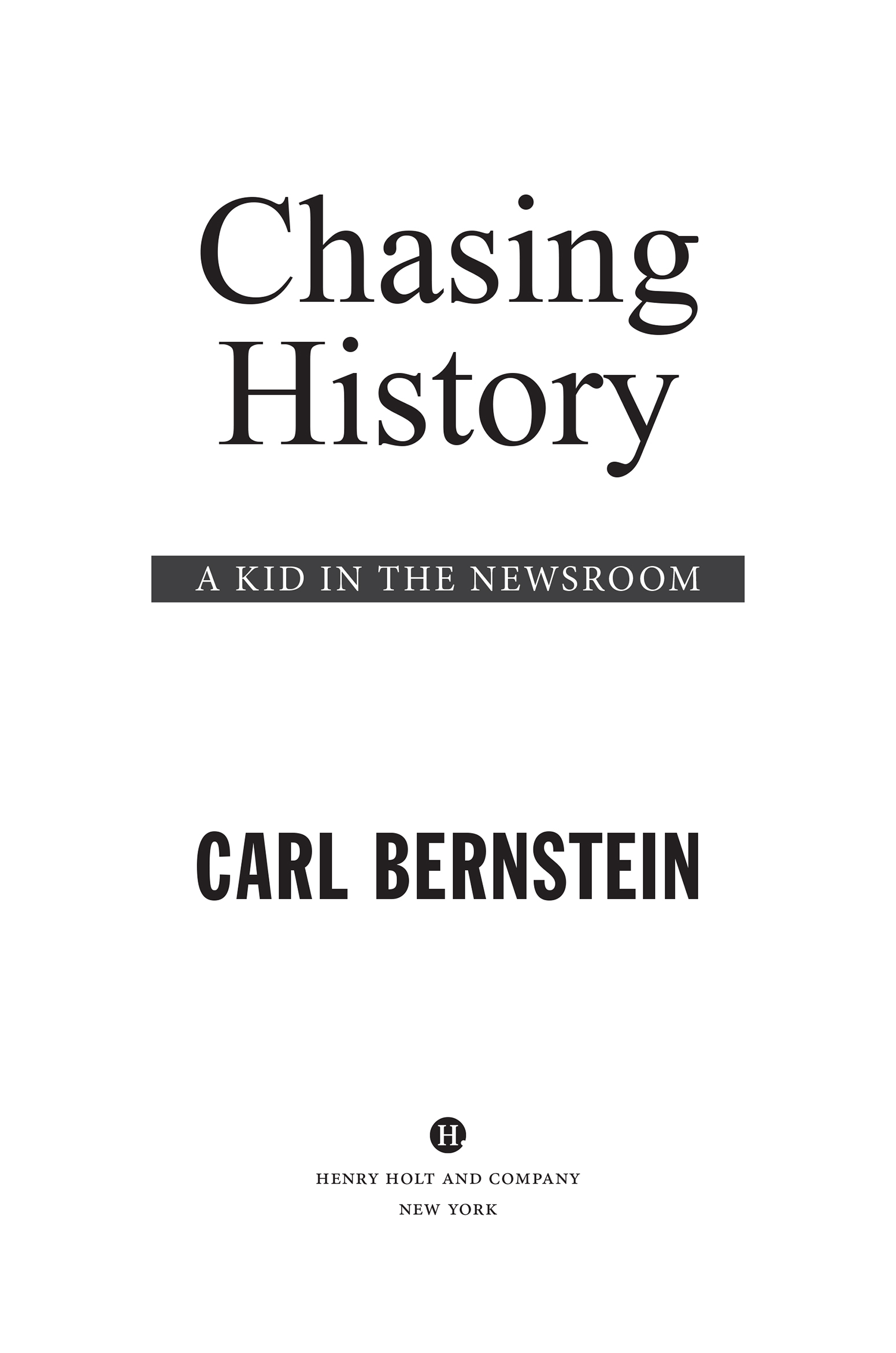
The author and publisher have provided this e-book to you for your personal use only. You may not make this e-book publicly available in any way. Copyright infringement is against the law. If you believe the copy of this e-book you are reading infringes on the authors copyright, please notify the publisher at: us.macmillanusa.com/piracy.
For those in this book who put me on a path
And for Lance Morrow especially
And for Jeff Zucker
I needed a suit.
I had a proper suit, a winter one, but I had never owned a summer suita necessity in the immense heat of Washington, D.C., where most of the senators and congressmen from farther down south began dressing in whites and wearing straw hats in mid-April, not long after the cherry blossoms were done blooming. If I was now to enter the grown-up world of work in the nations capital, I would require a summer suit.
I meant to buy it at Woodward & Lothrop, the big department store on F Street. I had forty-five dollars in my pocket, saved up from my Saturday job at S. N. McBrides layaway department store on the edge of Swampoodle, a ramshackle neighborhood the trains passed through as they slowed toward Union Station. After buying my suit, I hoped to ascend to a higher vocation: the newspaper business. I knew almost nothing about it, except that as a child Id always read the sports section and the front-page news in the Washington Post. And at ages twelve and thirteen, after my family moved from the city to Silver Spring in the Maryland suburbs, I had a paper route delivering the final edition of the Evening Star from a red wagon.
On this June morning in 1960, I hitchhiked up Colesville Road to Georgia Avenue, and then I walked the half mile to the B&O railroad station diagonally across from the pool hall where on any other summer day (and too many during the school year) I was likely to be found.
I boarded the Capitol Limited, which carried me in air-conditioned luxury through Takoma Park and Northeast Washington, past Catholic University and the Old Soldiers Home, whose ancients, some still in uniform, looked up from their wooden chairs on the lawn and waved when the engineer blew his horn in tribute. I had read in history class that Abraham Lincoln summered each year of his presidency in a cottage at the Old Soldiers Home, when the heat downtown made life unbearable in the White House, which had been built over a swamp.
From Silver Spring, Union Station lay seven miles down the tracks, its marble colonnade facing the Capitol of the United Statesworlds away from suburban Maryland, it seemed to me, though our next-door neighbor was a U.S. senator, Alan Bible of Nevada. The senators sons Billy and Paul were my schoolmates. Their father was something like the emperor of Washington, D.C., by virtue of being chairman of the Senate Committee on the District of Columbia.
Union Station was magnificent, modeled on some famous Roman baths, as the tour guides liked to point out. Usually when I took the train downtown, Id linger in the stations pinball room, adjacent to the USO lounge, and test my skill at the machines until Id exhausted a shotgun roll of forty nickels. That might take a couple of hours on a good run.
But on this day I headed straight for the streetcar up Pennsylvania Avenue, getting off at Tenth Street and then walking past Fords Theatre and the house across the street where Lincoln died. Downtown Washington was territory Id known from the time I was a small child. My fathers old office, the one hed had at 930 F Street until it was closed down during the Joe McCarthy business, was around the corner from where Lincoln was shot. And a few blocks west, at Fourteenth Street, was Garfinckels department store, where my grandfathermy mothers fatherhad gone to work as a cuffer in the mens tailoring department after he got off the boat from Russia. Next to Garfinckels, F Street stopped abruptly at the Treasury Departmentadjacent to the White House, which my class from grammar school visited almost every year. My maternal great-grandmother, a tiny woman with shriveled skin, still lived downtown, on Seventh Street, just beyond the big department stores, atop a little photo studio where the youngest (and strangest) of her five children snapped portraits, sometimes of congressmen or a clutch of local businessmen.
Id been disoriented by our move from the city to the suburbs. The jumble of downtown Washington, where the shrines and emblems of the nation gleamed next to squat mercantile buildings and faded antebellum rooming houses, had for me an enchantment of familiarity. Id turned sixteen on Valentines Day and felt much more adult now, with a work permit in my wallet and my underage employment at McBridestechnically illegal, like some of its layaway interest ratesbehind me as well.
I walked past the sooty Hotel Harrington and the television studios of WTTG and the DuMont network, where every couple of weeks I danced on The Milt Grant Show with other teenagerswhite ones, because the Black kids danced on a different day of the week. Woodward & Lothrop, my destination, was a turn-of-the-century pile that Washingtonians called Woodies. It was the biggest department store in the city and took up a full square block.
My mother and father, in the early 1950s, had taken me with them to join the sit-ins at Woodward & Lothrop to desegregate its Tea Room. In those days, Union Station was the only place downtown, besides the government cafeterias and a few others owned by a man named Evan Sholl, that would serve Black customers at tables. They could stand and eat at the lunch counters inside the dime stores and department stores but were forbidden to sit.
On F Street, a block from Woodies, a legless vendor of pencils worked his turf on a dolly with roller-skate wheels, propelling himself with his hands and arms while a pet monkey held tight to his shoulder. Id seen the man many times and had wondered about him. Flush with cash this day, I asked him for two pencils. I extended a quarter.
It was not often that I towered above the person I was talking toor his monkey. The vendor seemed gabby, wanting to talk. He asked me where I was going, and I told him I was heading to Woodies to buy a suit. He was wearing tattered pants that had been cut off and sewn or folded somehow to cover the stumps of his legs. He suggested that perhaps Id like to buy half a dozen pencils. He asked my name, and when I told him, he brightened and said his name was Bernstein too, Eddie Bernstein, which made me suspicious, and that his monkey was named Gypsy, which sounded about right.
To prove he was Eddie Bernstein he produced his vendors identification, then asked which Bernsteins I was from. I was sure we werent related; there were no Bernsteins outside our immediate family who were kin that Id heard of. Plus, this Eddie Bernstein said that his family was from Florida. He asked how much I wanted to spend on a suit. I told him maybe forty dollars.
You should go see my friend Louie, he said. No-Label Louie. He was insistent, but in a friendly way. He said that Louie sold suits at a steep discount, probably half of what Id pay at Woodies, and that if I asked for Louie himself and told him Eddie Bernstein had sent me, Id get an even better deal. Id brought along a picture of a blue cord summer suit I liked, clipped from the pages of a magazine, though I didnt show it to him.


